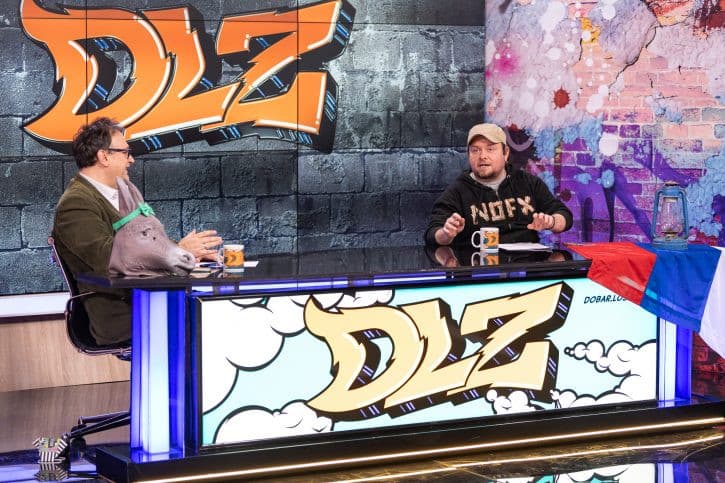Category
Latest News

NDNV: Violence Against Journalists in Novi Sad Rewarded with the Position of Deputy Mayor
December 15, 2025

ANEM ALARM: Threats against Marko Vidojković and Nenad Kulačin continue, with no response from the authorities.
December 15, 2025

The safety of journalists in Serbia: "From catastrophic to unbearable conditions"
December 14, 2025

FAR: Documentary Film "Under Surveillance" (VIDEO)
December 14, 2025

Letter from the Four Elected Members of the REM Council: Resignations if Voting Does Not Take Place Again
December 13, 2025







